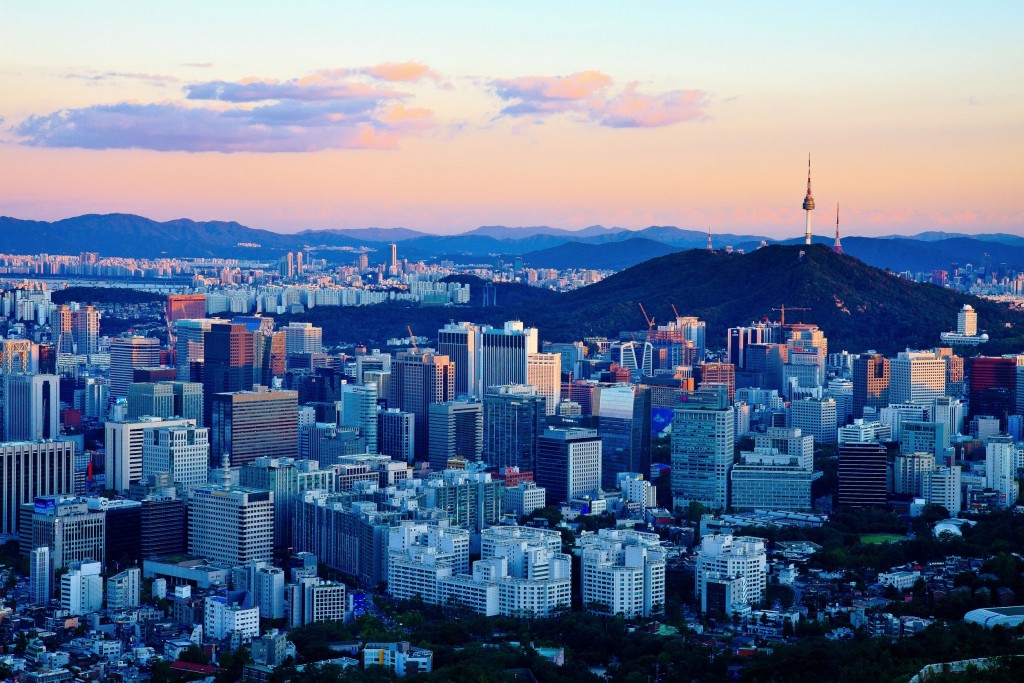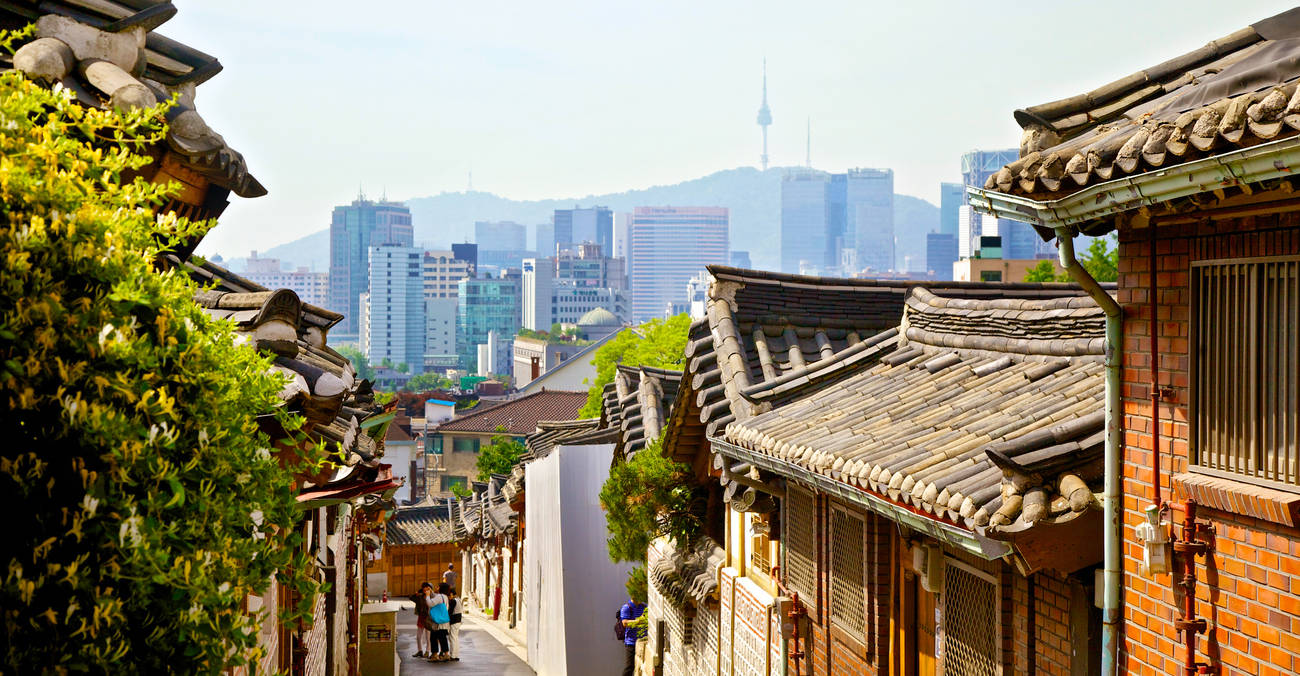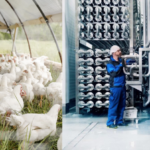On my way from Incheon, one of the busiest airports in the world, I can see through my window a markedly contrast between the old and the new as we make our way in to the center of Seoul. The architectural aspirations of the city are meeting, and sometimes clashing with the bland of uniformity of its past.
Holding a population of more than 10 million people, the once poor South Korean capital has in the last 50 years bloomed into a cultural city and transformed itself. From an impoverished city decimated by the Korean War, it became one of the most prosperous and high-tech places in the world.
The city is rising as a world leader in the creation, development and export of renewable energy technologies — widely viewed by analysts as strategic growth industries of the future.
Thanks to the government and foreign investment in new and innovative technologies, Korea has also turned their economy around to become an ecosystem for up and coming startups in all of Asia. India and China might be leading the way right now, but they are not far behind.
The South Korean government announced this Monday that it would inject $66 billion of public funds this year to nurture new growth engines, including smart cars, surgical robots and software content – in the latest attempt to realize its creative economy drive.


We usually refer to California´s Silicon Valley as the largest and most enduring of tech innovation. But, somehow, Seoul has arguably become the Valley´s closest rival.
According to NY Times an early-stage American venture firm called 500 Startups recently spun off a small fund called 500 Kimchi, which focuses exclusively on South Korea.
In May last year, Google opened a campus in Seoul, in the trendy district of Gangnam, its first in Asia. Their goal was to support the Internet start-up entrepreneurs, and the new venture would give Korean high-tech programs and applications access to the world market, and then again give Google more access to the Korean market.
Investing in start-ups in Korea has been on the rise and the trend looks to continue in 2016.
In a joint policy report to President Park Geuyn-hye, ministries announced this week that they would build the Asian versions of Silicon Valley in Seoul to embrace more innovative entrepreneurs not only from Korea, but also from overseas.
The big question is – What would be the outcome if we tried something similar i Norway?
(Feature article)









